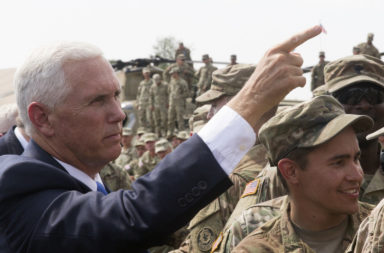Despite the UK’s strong involvement in the fight against Islamic Terrorism, there have been no major attacks on British territory since the devastating 2005 London bombings, that cost the lives of 52 people.
Since then British three intelligence services have started waging an unprecedented campaign to keep the homeland safe.
It can fairly be regarded as the most successful defensive effort globally, as MI5 (internal), MI6 (external) and GCHQ (signal intelligence) together were able to thwart over 40 terrorist attacks in the past decade.
How did they do it? Here are some of the main components of the British anti-terrorism strategy:
1. Recruitment. British Intelligence services go to extrem lengths to enlist the best and the brightest of the younger generation in the effort to protect the United Kingdom. From London’s party scene to adds on X-Box consoles, online quizzes, and even cryptic messages that are written in chalk on London pavements – GCHQ is always looking for new and creative ways to get young people to join up. They have a good image, not only because of James Bond.
2.Natural geographic advantage. As Islanders, the British obviously have some advantages over their continental neighbors when it comes to implementing effective border controls and keeping undesired elements away. But it takes great persistence and careful planning to utilize this advantage to maximum effect.
3. Personell. No other European country employs more people in the security sector. Together, MI5, MI6, and GCHQ count 13.000 official operators.
4. Money. MI5, MI6, and GSHQ can draw from a combined annual budget of 2,5 billion pounds ($ 3,7 billion). This year will see these numbers rise by another 1,5 billion pounds from the newly created Joint Intelligence Fund. Another 1,9 billion pounds were allocated towards cyber security. Most of these latter funds will end up with GCHQ. Furthermore the British anti-terror budget was raised, which funds some police units. Germany, for comparison’s sake, invest less than 1 billion in both of its internal security agencies combined.
5. Legislation. Intelligence services are given a free pass regarding surveillance. Nowhere in the Western World are the laws more accommodating for intelligence services than in the UK. They can basically watch whoever they want, whenever they want and they are freely using these capabilities.
6. Experience. A long history of counter insurgency operations during its colonial past, as well as the protracted war against the IRA in Northern Ireland have taught the British how to effectively conduct covert operations. At least 3000 known Islamists are under surveillance at the moment




